First California was on fire, then the Amazon, and now Australia is burning. The worst fire season Australia has ever seen, began in November, 2019. The fires were caused by a dry lightning strike in a drought-affected forest in East Gippsland. The fire traveled 12.4 miles in five hours according to VicEmergency . More than 25.5 million acres of Australia has burned (keep in mind the numbers are increasing every day) and 28 people have died.
Most of the fires are taking place along the eastern and southern coasts which are heavily populated, especially New South Wales in the southern coast. Police also accuse 24 people of starting bushfires intentionally in the state of New South Wales. More than 100,000 residents evacuated New South Wales, Victoria and South Australia. The fire destroyed more than 2000 homes.
Every year Australia suffers from wildfire but this year climate change has worsened and Australia’s average temperatures increased 1.52 °C last year, becoming the warmest year in Australia on record. They had the worst drought in decades and in December a heatwave that reached upwards of 120°F.
The fires have reached the habitats of many endangered animals, including koalas, kangaroos, and millions of others. Around 25,000 koalas have died on Kangaroo Island, according to the World Wildlife Fund for Nature. Professor Dickman, an ecologist from the University of Sydney, expects that there will be extinctions, among a large number of invertebrates(animals with no backbone). Over 1 billion animals are now estimated to be dead in Australia’s fire.
“There are very unique animals in large populations in Australia that can’t migrate. Most of these unique animals are marsupial, they are a type of organism where many of them have a pouch where their babies stay after being born too soon. They are Koalas and Kangaroos,” states Amy Fix, a Biology teacher here at TL.Scientist are saying that we are in the middle of a mass extinction as many endangered animals die because of the fires in Australia.
People from every state of Australia are affected by the fire, by the smoke and pollution emitted , the loss of their homes, the loss of friends, etc. Not only Australians are being affected. The fire continues to spread and the smoke is thicker everyday. Emissions of CO2 are increasing and spreading. all over the world. That’s not the only thing affecting people outside of Australia.
Keith Fleming, World Culture teacher, has three generations of family living in Canberra, and they left the capital and went to their beach house in a small town on the coast called Tuross. “The fires were so bad around them that there were evacuation orders, but they couldn’t leave, the roads were closed and they couldn’t get out, so they had to just wait and hope that the fires did not come to their direction and burned their house down.” Fortunately the winds shifted the fire away and roads opened so they were able to get back to Canberra that is surrounded by New South Wales where the fire was raging. People had to stay inside their houses for several days if they haven’t been evacuated, because the smoke is so bad people could not breathe, neither get fresh air plus the extreme heat. Last year in California in late October, many fires started to breakout in all California leading 200,000 people to evacuate. More people were evacuated in California but only about 4.6 Million acres were burned in 2019, what’s not much compared to 25.5 million acres burned in Australia.
Another person here at TL that has family in Australia is Megan Vazquez. Her mom’s side of the family lives in Western Australia, including her sister. “The fires are spreading so far that it’s not in the southern territory so much anymore. The pollution of the air is creating a really bad environment for both people and animals. Even if you don’t live in the southern territory, the smoke will still affect you badly.”
The fires haven’t stopped, and the smoke is getting worse every day. We should take this experience as a warning that climate change is real, and things will likely only get worse.


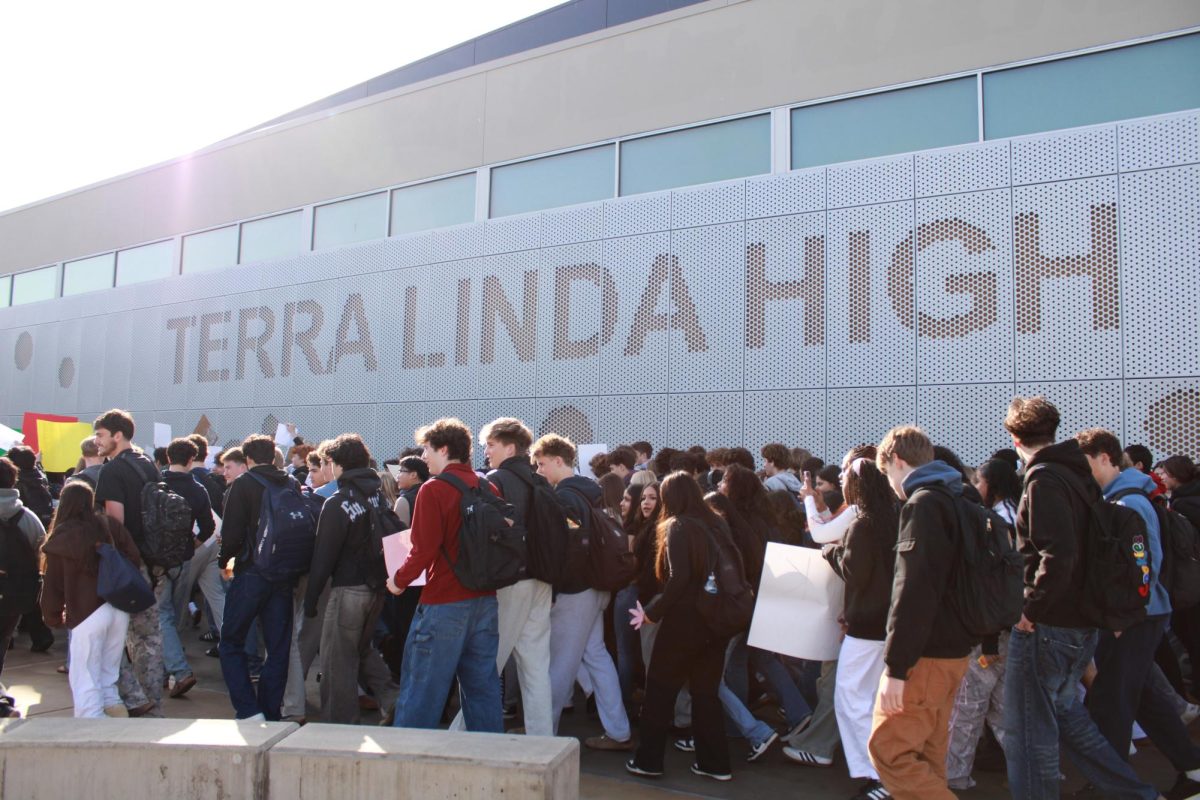
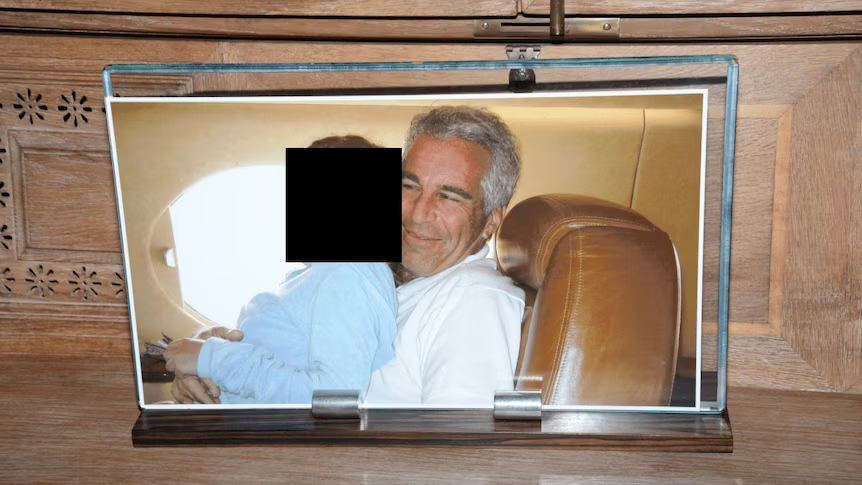
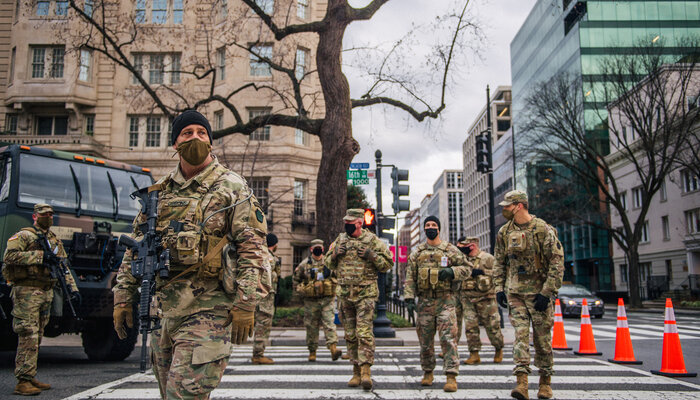
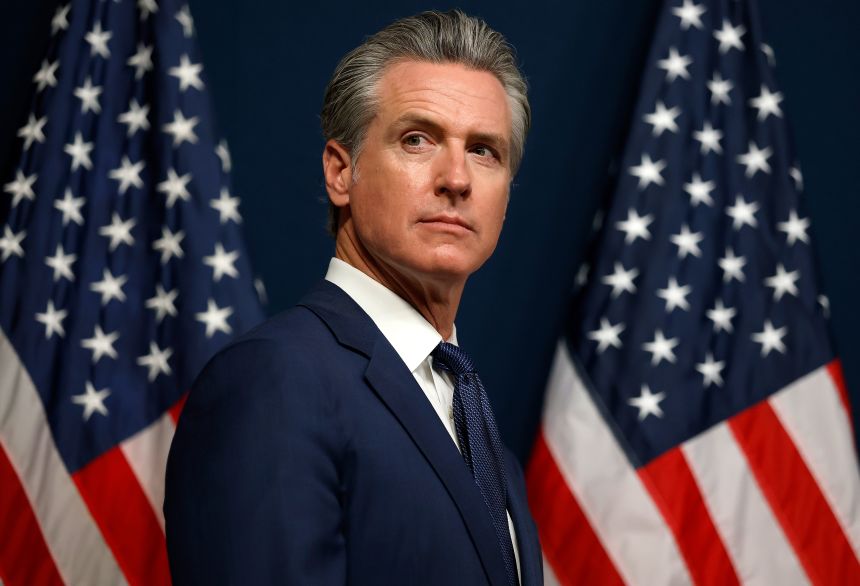
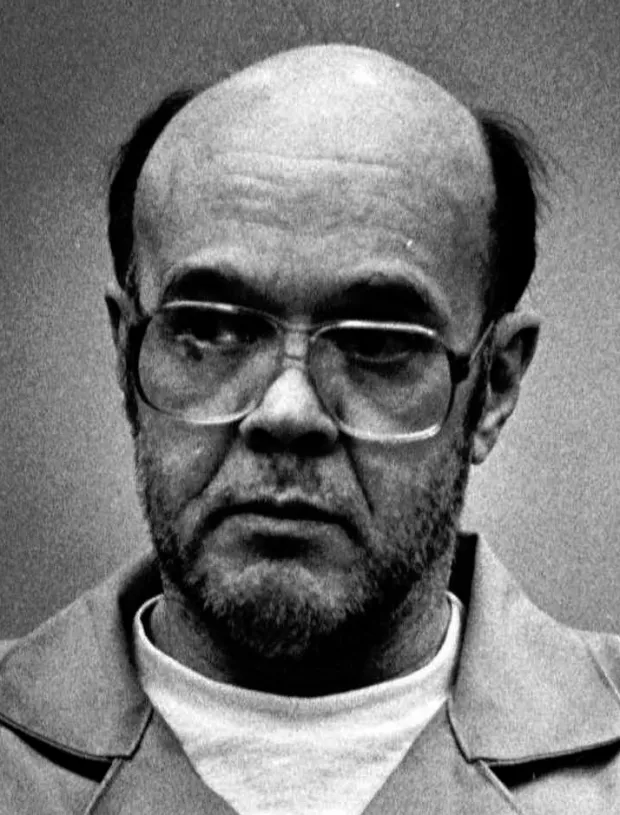
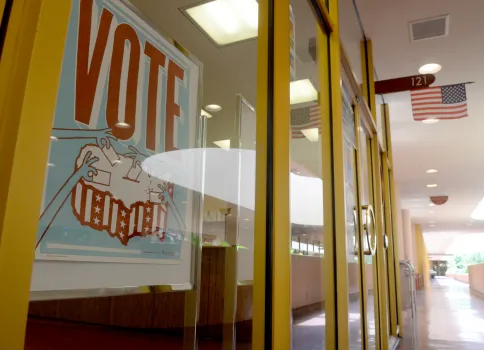



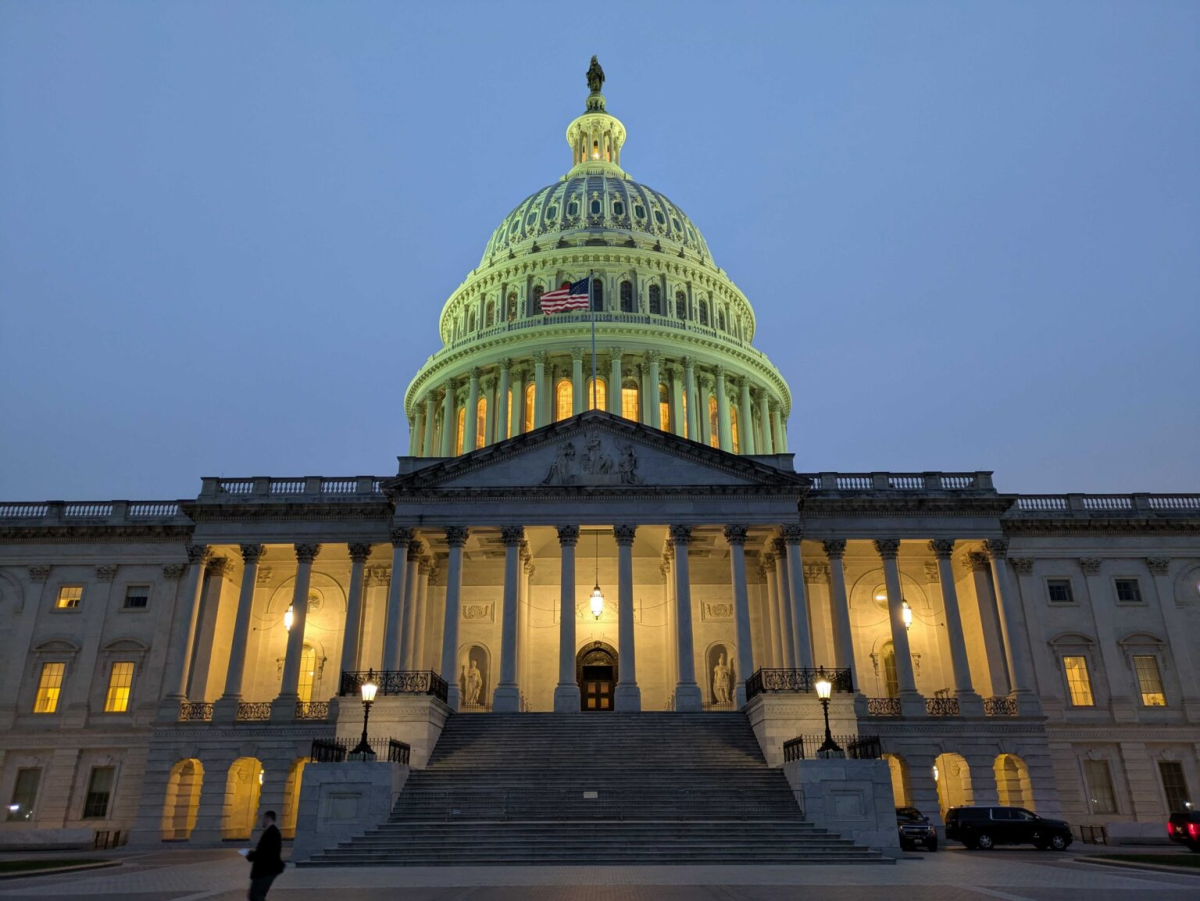
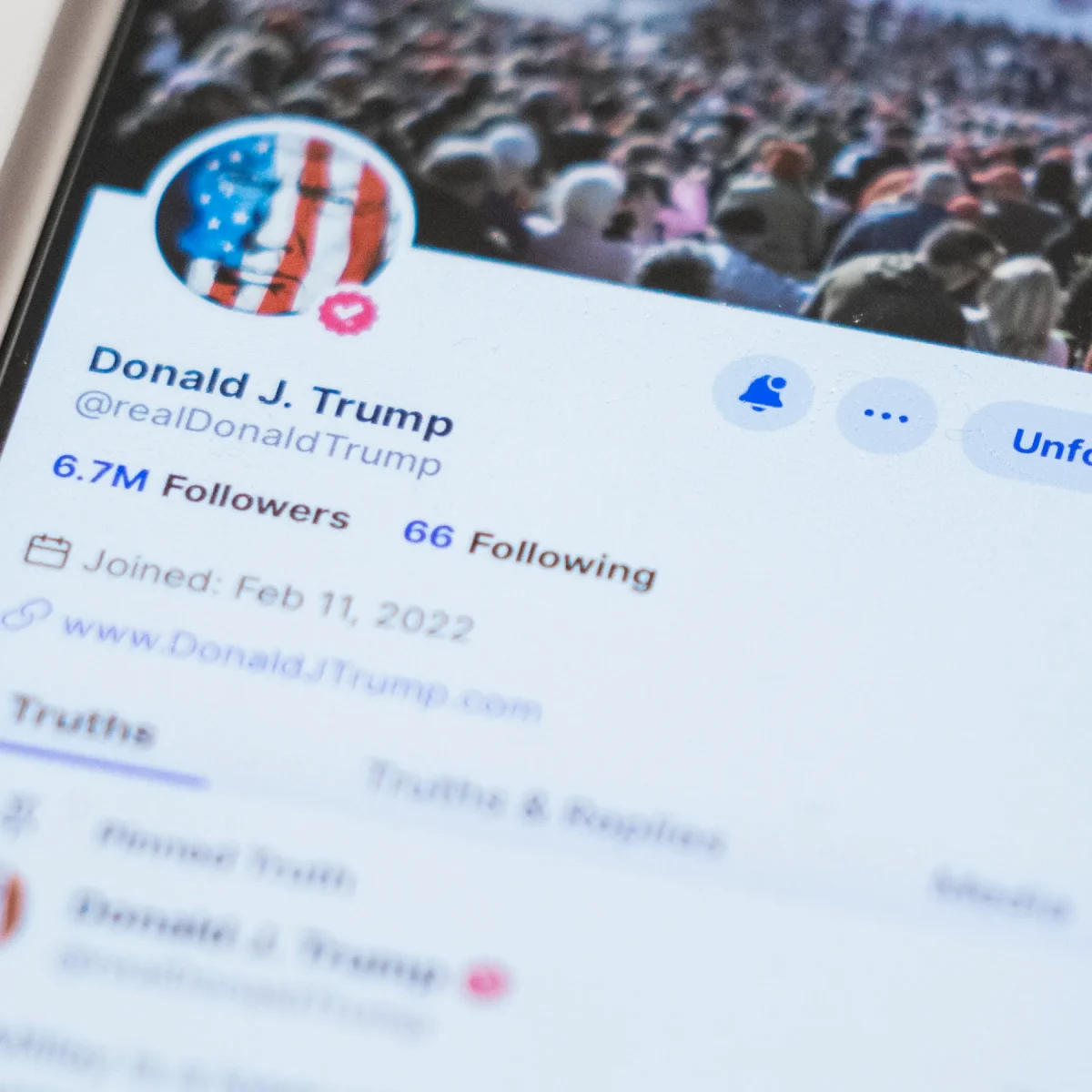
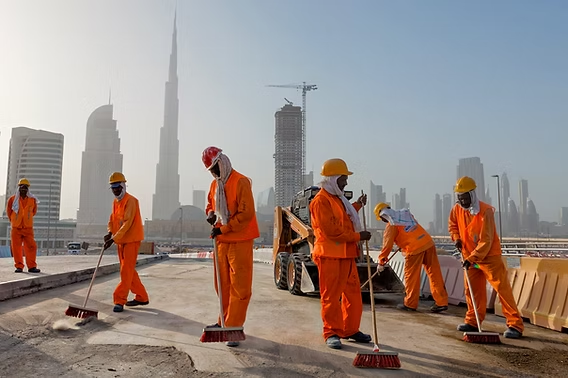
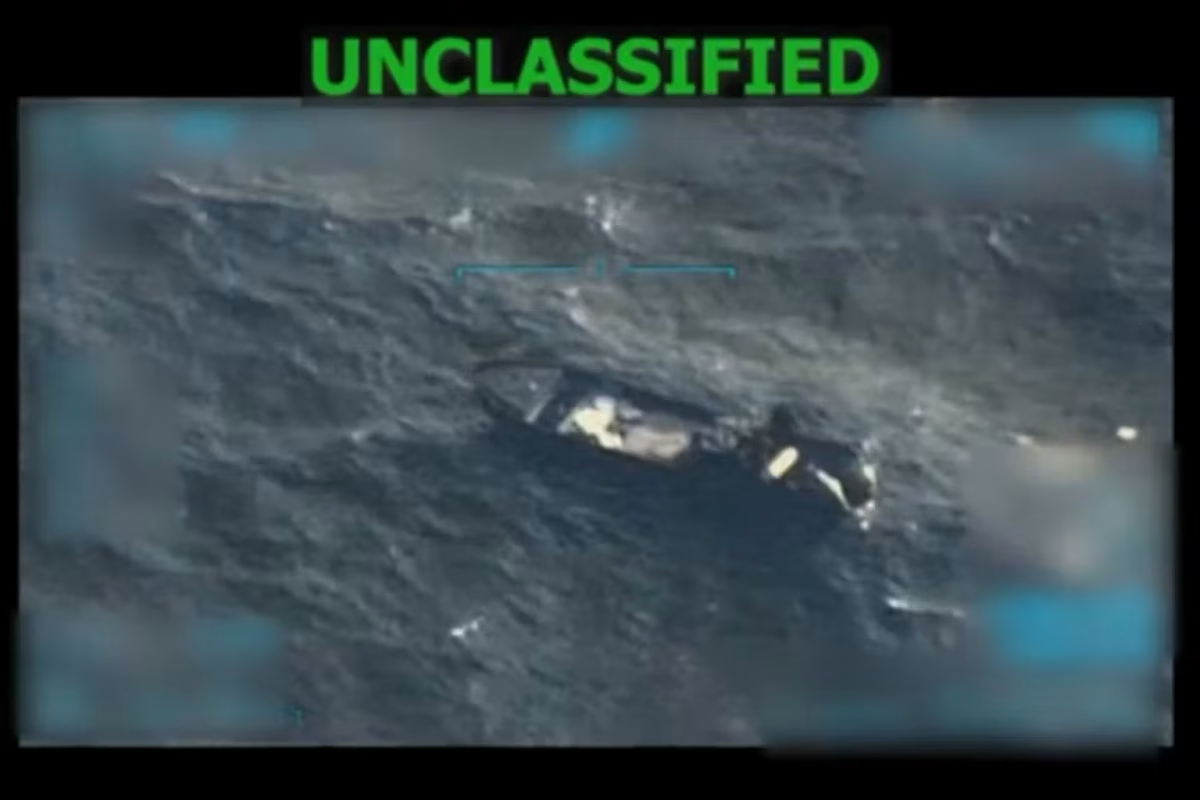
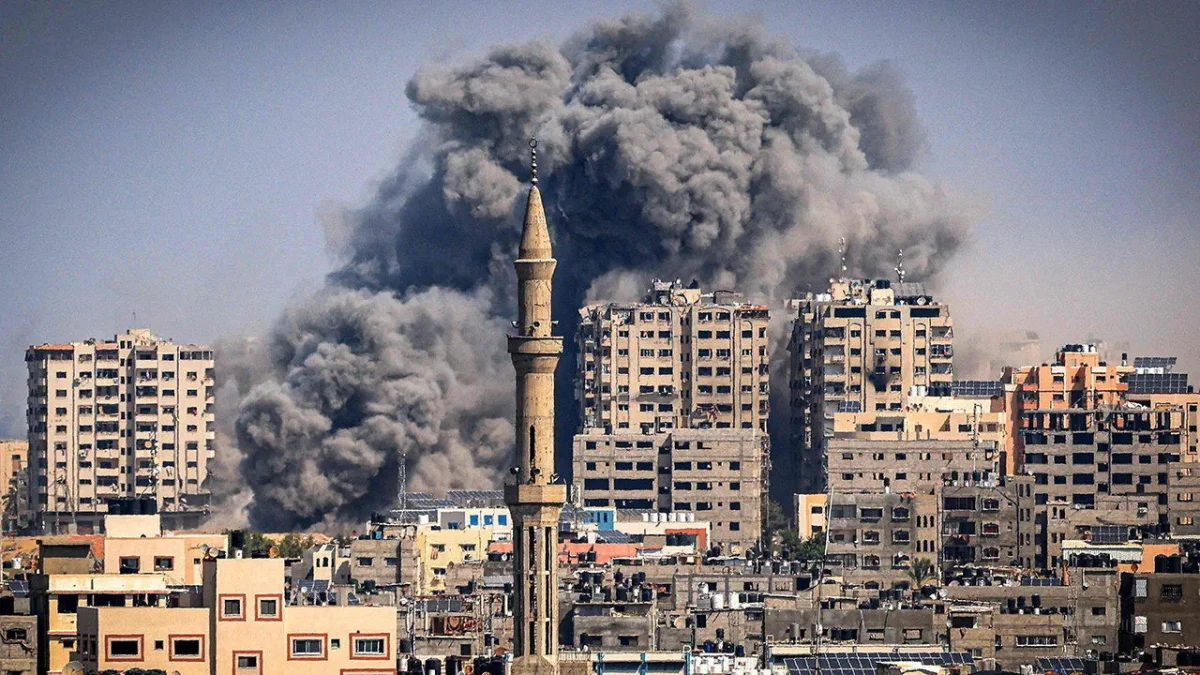


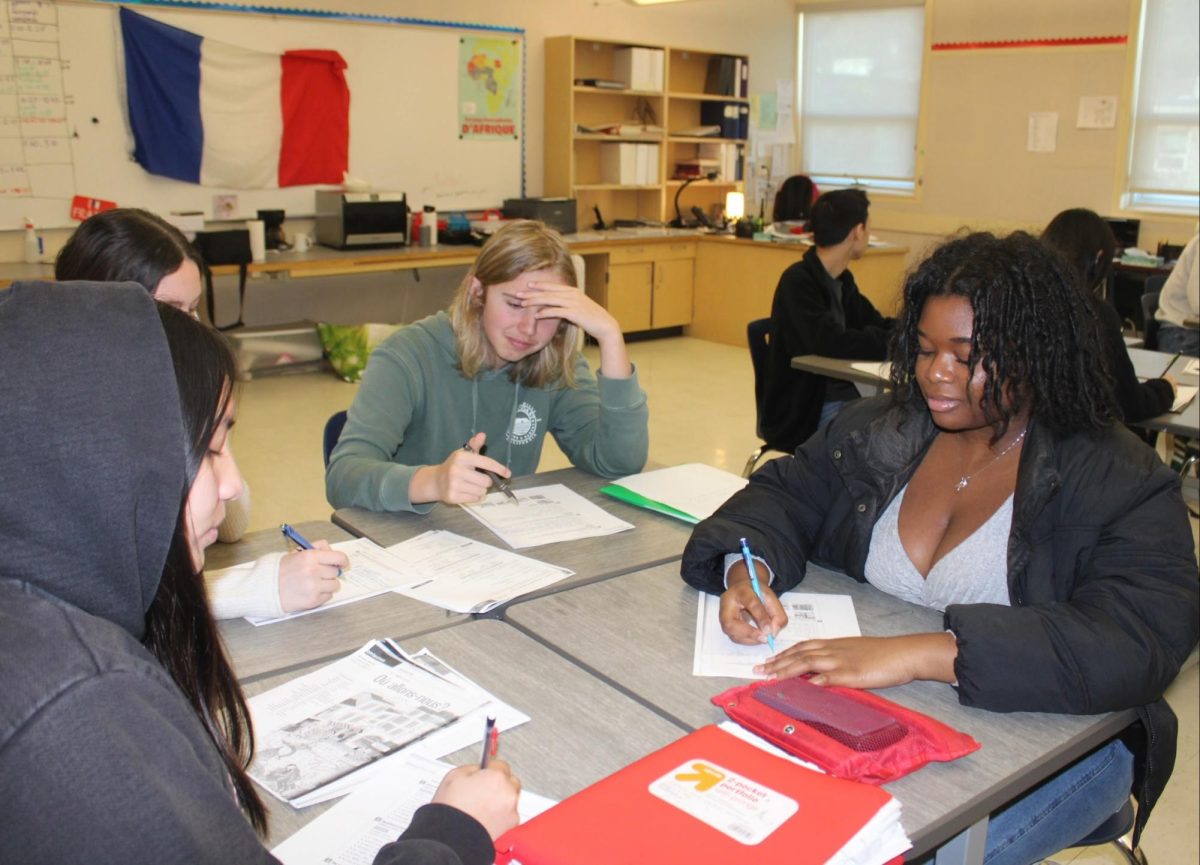
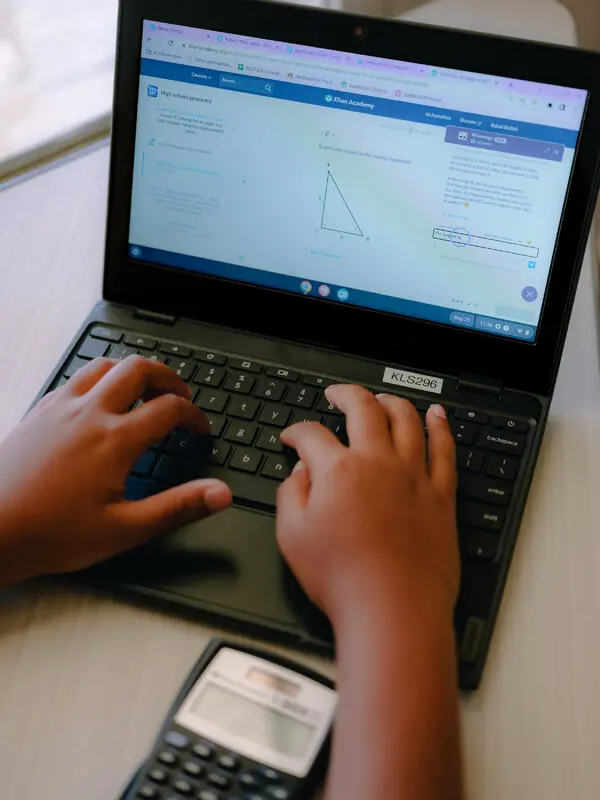
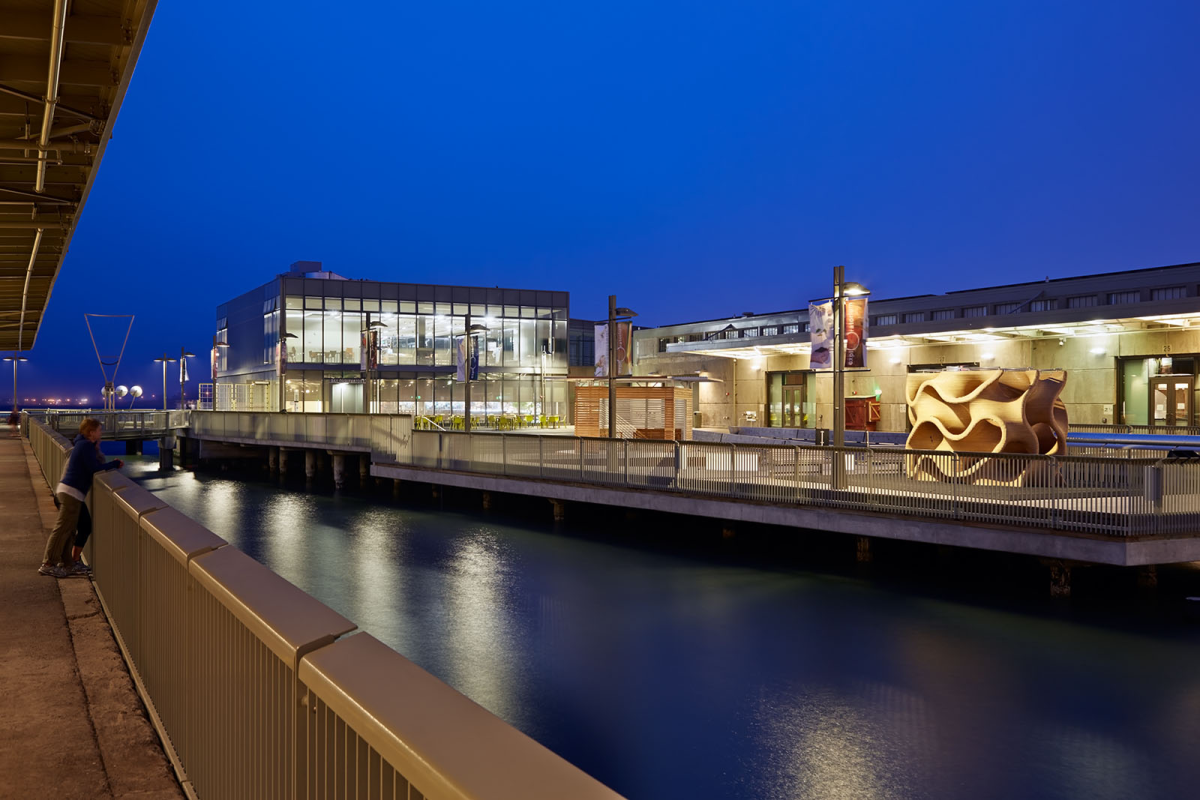
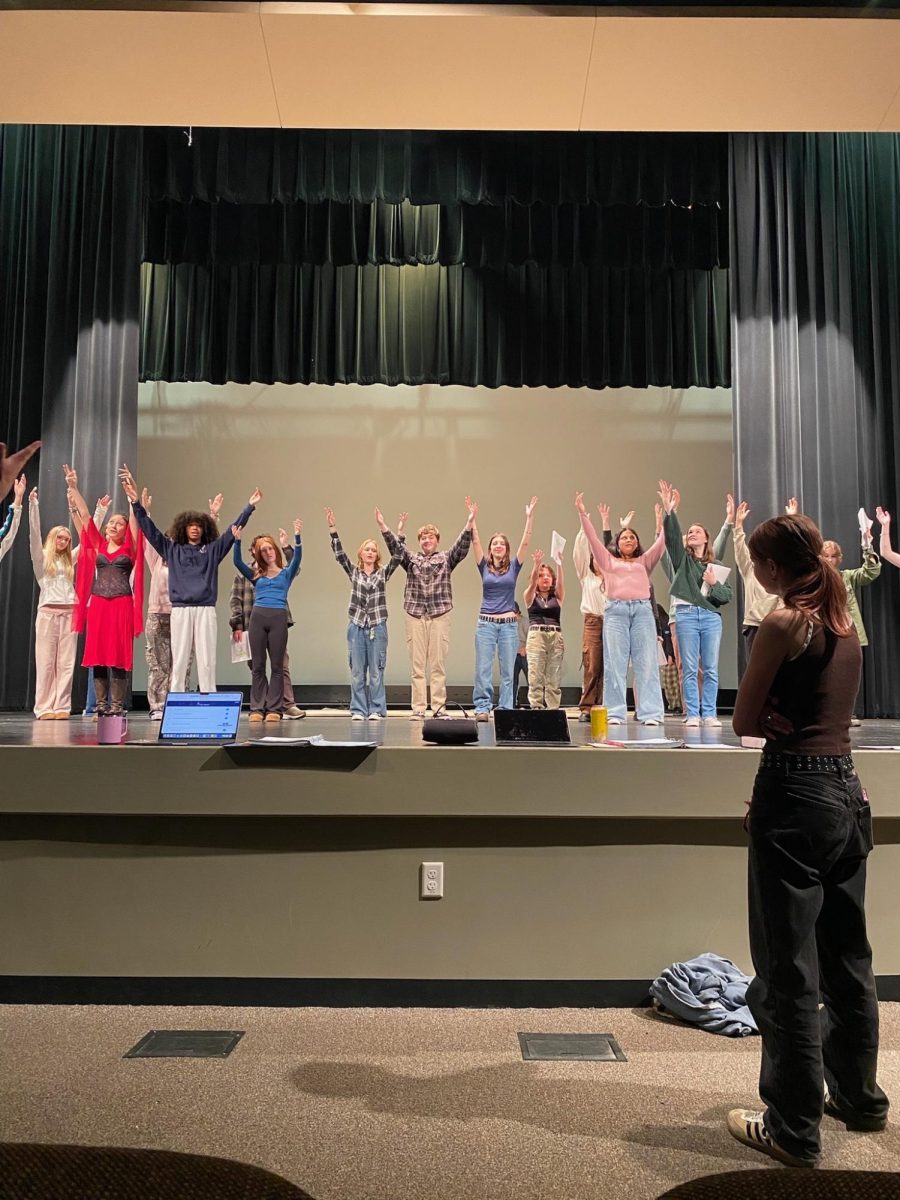
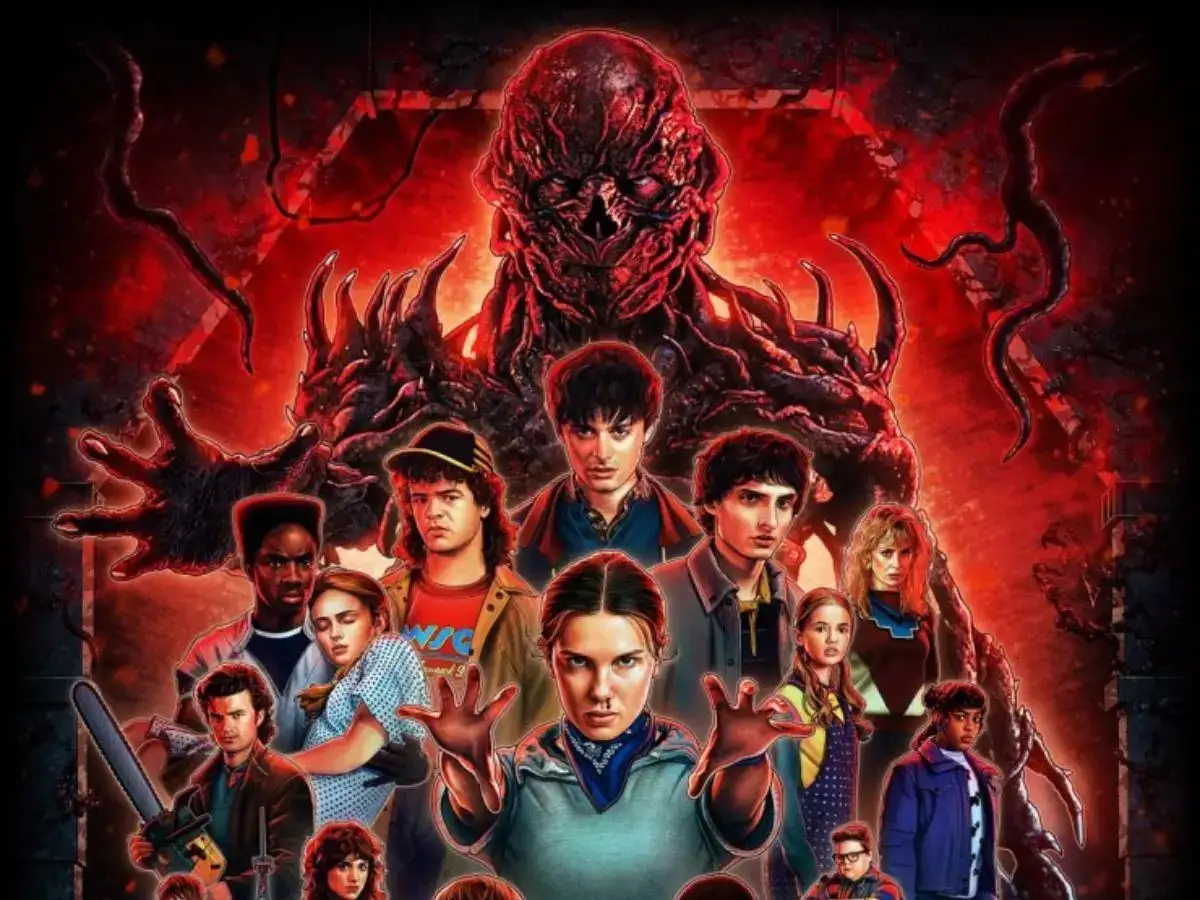













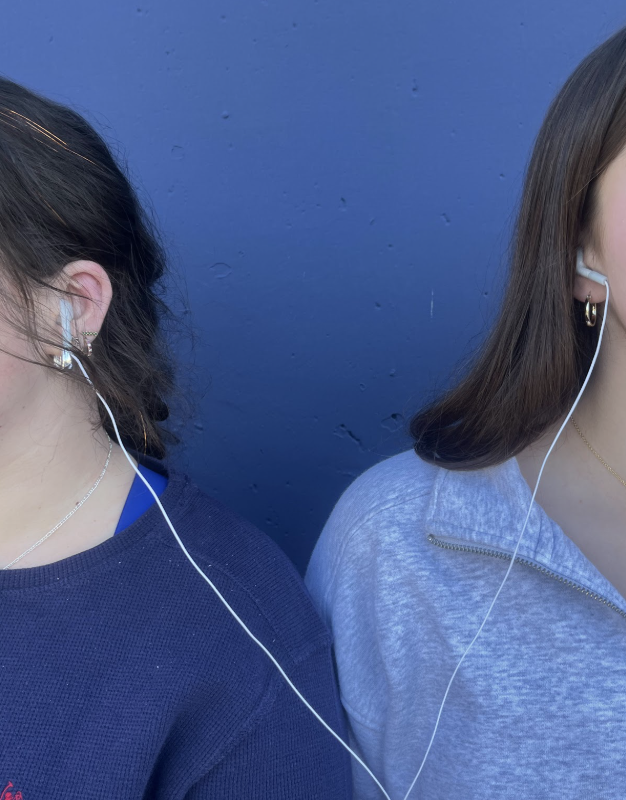













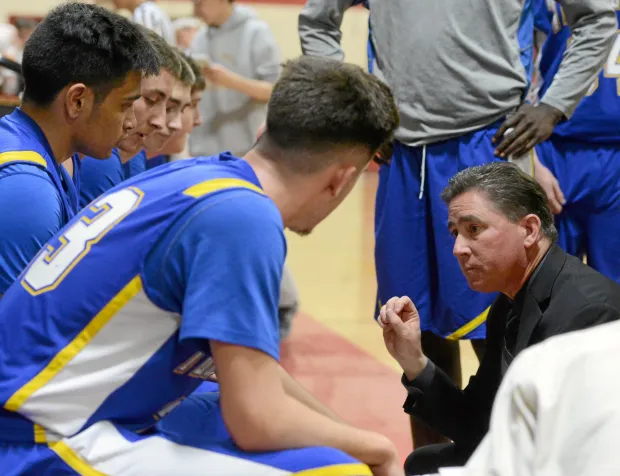


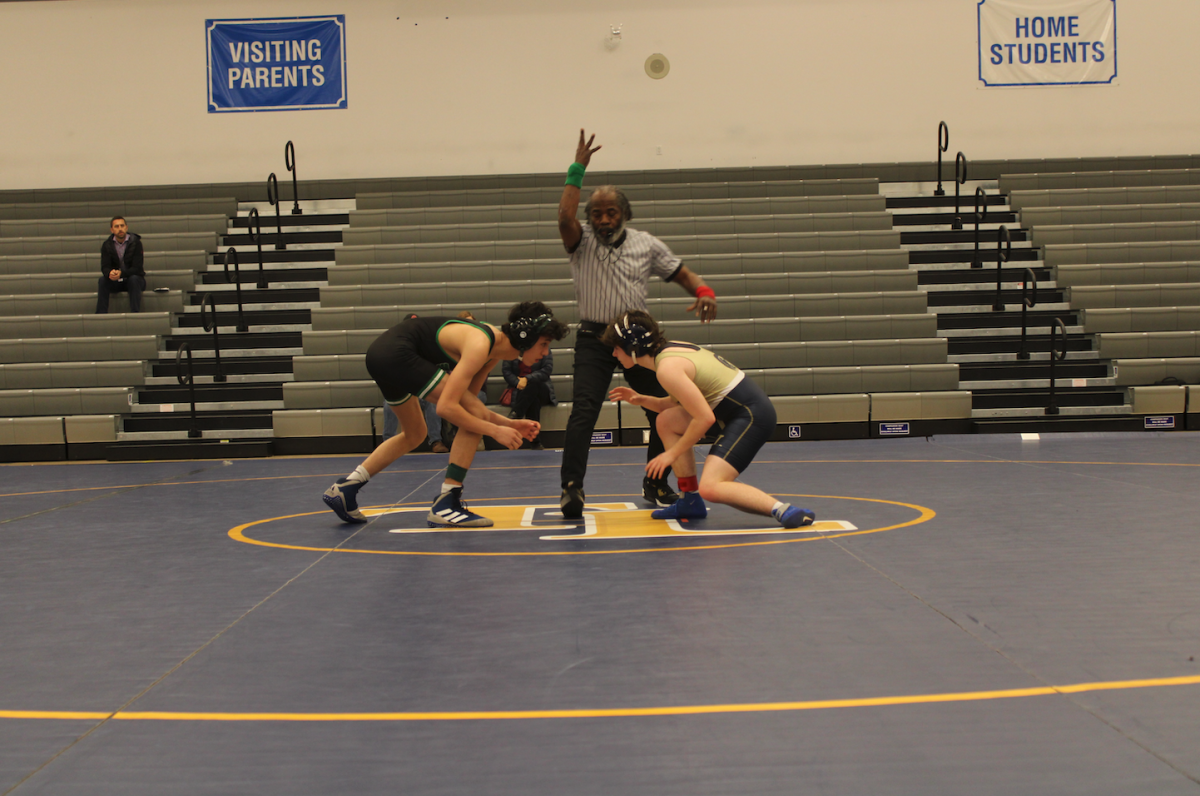

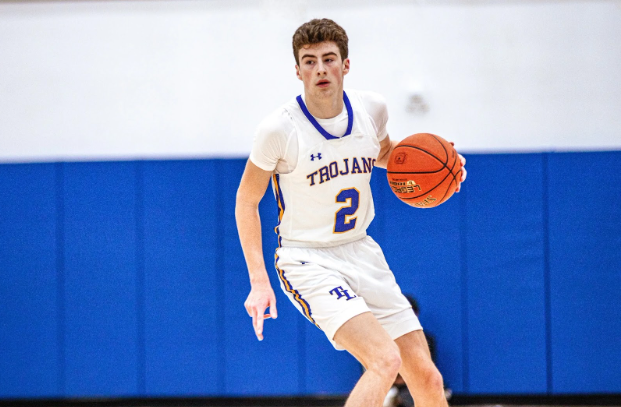
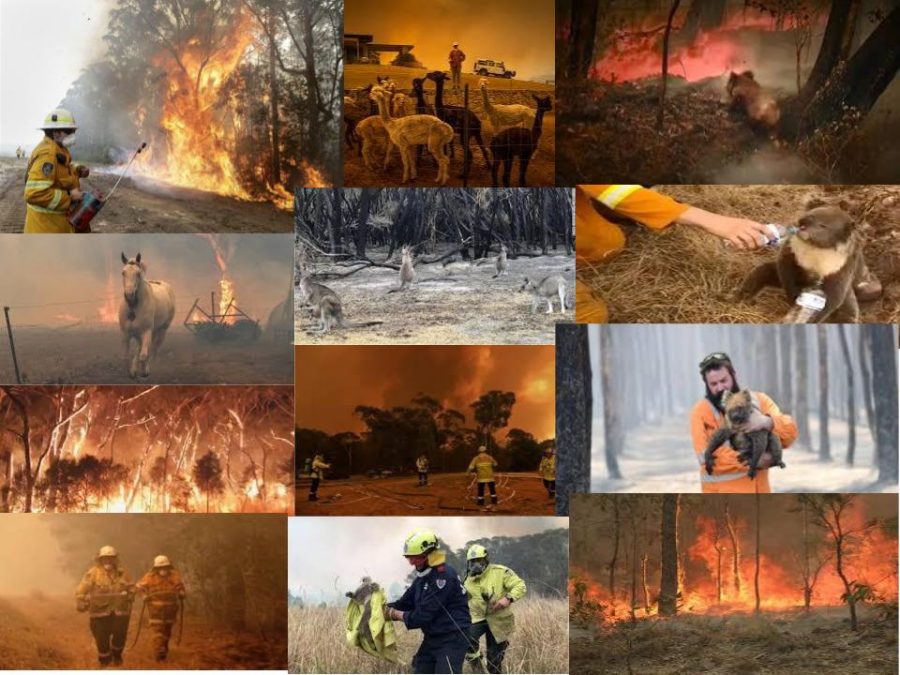

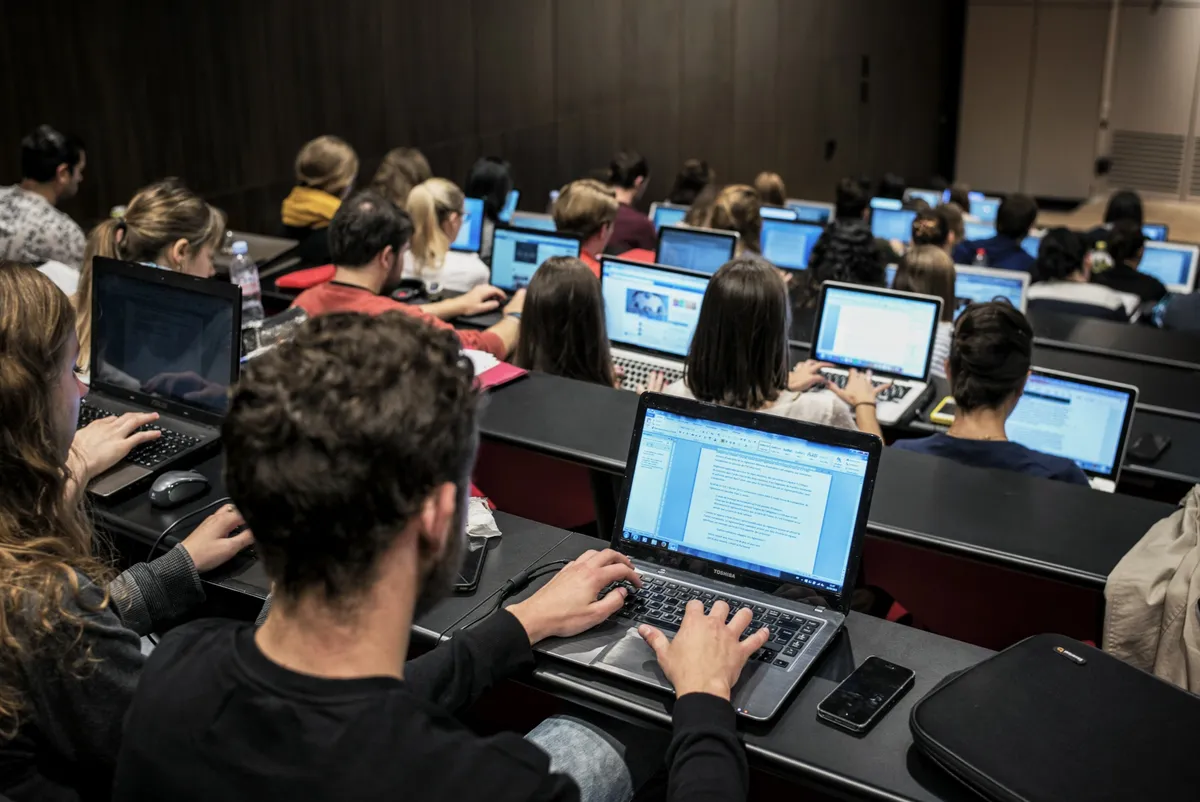
Todd Howard • Feb 11, 2020 at 6:54 am
really cool, thank you